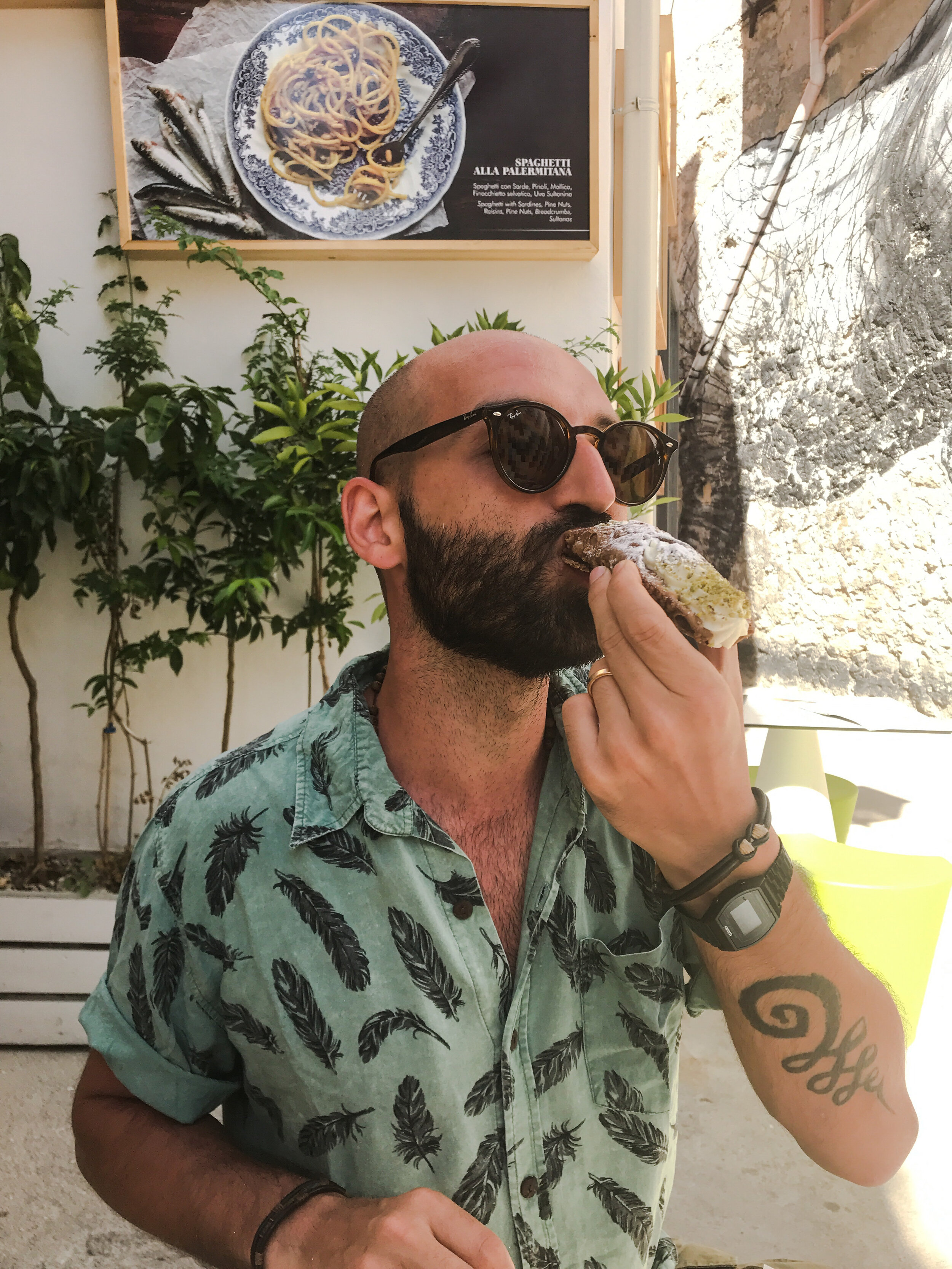Who Do You Think You Are? That Phenomenon Called Identity.
It may appear a stereotypical teenager's problem, but answering the question who am I? is becoming more challenging than ever. Generally, people have a clear idea of who they are as individuals, and most of them find it quite easy to describe one's identity.
Even so, there are several ways in which we can define ourselves, and sometimes these are quite different from each other!
To understand better what I mean, try to give a brief description of yourself. Now, think about your job and define yourself within that environment. Then try to describe yourself when you are with your partner, friends, or family or even strangers. Also, consider yourself from their perspective, and, after that, try to explain who you are based on your nationality, social or cultural background and..well, you get the point. When we reflect on the nature of who we are, we recognise that there is no ultimate answer.
Why does it happen?
The main reason for this confusion relates to the meaning of the term used to define a person. Identity indicates a substance that doesn't change and remains the same over time. We assume in fact that it is something innate that it is deeply rooted within a person. However, as pointed by the previous thought experiment, defining one's identity is not as simple as we might consider… and It shouldn't be!
Each of us has social, cultural, religious, and gender identities, to name a few. Not to mention the virtual ones recently arisen with the progress of internet and technology.
What is certain, though, is that a person's identity isn't something static but rather a relative aspect of a dynamic phenomenon. It is not even straightforward since an individual is a complex organism made up of different elements, which cannot be described solely by emphasising one of these. Besides, since we, and the world around us, are continually changing, there is nothing definitive in this process.
For examples, look at how technologies such as VR or AI are forcing us to (re)define identities in countless new ways. There are entire online worlds in which we can create virtual avatars with absolutely different identities, for example. On top of that, you have numerous instances of people turning to social media as a way of escaping from their lives, rather than a place to share and connect. Again, they are creating another version of their identity. For all these reasons, we cannot consider all the categories to do with identity, like race, nationality, class or education, as fixed.
Often, ignoring this logic can influence the way we act. Like, for example, there are some out there who may judge people only by stereotypes, or who get stuck in toxic situations, and repeat, "I have no choice, this is who I am". We must reject the language of stacicity in favour of a more relative one because there is something more profound at work than the surface suggests.
Although there are various stimuli, both external and internal, which condition us, we still have the power to drive our actions. We can decide what kind of person we want to be or become. When we set our mind to openness and flexibility and embrace this idea of identity as in flux, we discover that there are no fixed paths - as there are no fixed identities for anyone. We can cultivate the identity that most reflects us and makes us better. After all, in the end, we are what we choose to be.
Written by Bruno Cafiso
Ciao I'm Bruno! I'm a food lover, a philosoper, a chef, a dreamer but mostly a writer. In fact, just give me a pen and a blank page and I will be at ease. I'm originally from Sicily and I try to live with less stuff and more meaning. Apart from the culinary aspect, what fascinates me about food is the social and cultural component that even the simplest dish holds inside. It's an universal tale of people and communities with different stories and origins.






